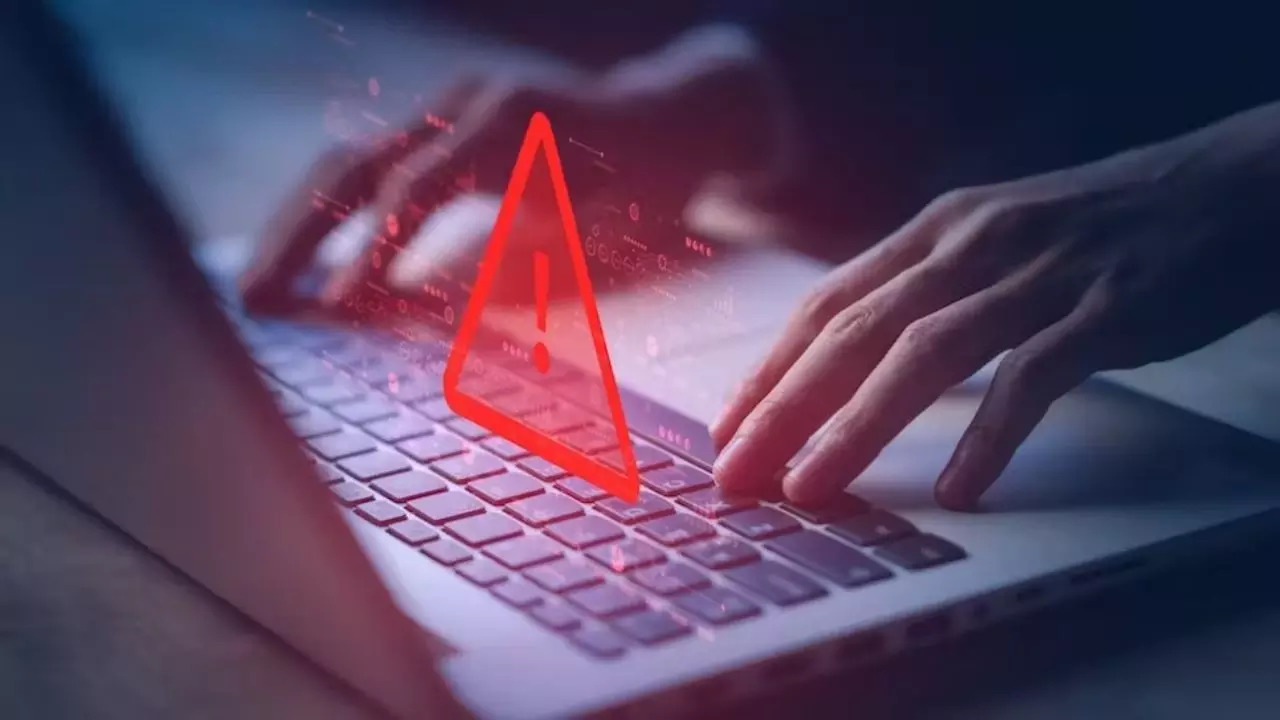
Fast growth in India’s travel tech sector has been threatening it with newer possibilities of cyber attacks and other means. Being totally dependent on online platforms for booking, payment, and customer management, travel tech sectors bear the vulnerability of numerous cyber threats in the shape of phishing attacks, data breaches, ransomware, fraudulent websites, etc.
High-profile breaches at companies such as Indian Railway Catering and Tourism Corporation (IRCTC) are a stark reminder of the risks facing this industry. Travel tech platforms increasingly become supercomplexities with vast amounts of sensitive information about consumers’ lives and behaviors, therefore widening the sense of urgency for such companies to take larger steps in cybersecurity measures to protect businesses and the users.
Challenges Facing Cybersecurity in the Travel Tech Industry
Generally speaking, the industry encompasses complex elements that expose travel tech to cyberattacks more easily. The travel industry generally has complex digital architecture that includes legacies, among other structures, and presents multiple touch points with the customer, which raises the attack surface for cyber-thieves. Moreover, the industry handles significant quantities of very sensitive data-including payment details and personal identification information-which remains a good business for hackers.
The phishing attacks, in which cyber-criminals trick users into divulging sensitive information, and the rising sophistication in ransomware campaigns that lock down a company’s systems until a ransom is paid, account for significant shares of the threats. Travel websites that are designed with malicious intent-to steal customer data or make the users book false deals-are also mushrooming. The financial loss and damage to reputation can lead to a severe loss of consumer trust.
“In today’s hyper-connected world, where digital transformation is rapidly reshaping industries, cybersecurity has evolved from being an IT concern to a critical business imperative. At ADI, we are acutely aware of the escalating complexity of cyber threats and the crucial role our technologies play in securing digital ecosystems.” – Stephane Di Vito, Senior Director, Security, ADI.
Role of TTBS in Consolidating SME Defenses
The travel tech sector also has an existence of more small and medium-sized enterprises or SMEs, that are vulnerable due to their constraints in resources and unavailability of cyber security expertise. “In SMEs, often it is quite tough to protect the digital assets while maintaining operational resilience,” says Vishal Rally, Senior Vice President – Product and Marketing Tata Teleservices. Tata Tele Business Services solves all of these ills by providing cyber security solutions that are specifically directed at SMEs. These include Endpoint Security, Virtual Firewalls, and Web Security-this strengthens the network defenses of the business.
Using advanced technology and skilled support, TTBS helps SMEs protect their digital assets while doing so with their strategies for growth. For Rally, it expresses the urgent need for tailored security solutions to evolve with each company’s requirements.
AI and ML: The Future of Cybersecurity in Travel Tech
According to Pravir Dahiya, Chief Technology Officer at Tata Teleservices, “The cybersecurity landscape keeps changing daily. New threats come up daily, and only companies that empower themselves with well-designed security measures that can detect threats and prevent attacks in real time will be able to keep pace.” The company utilizes the latest technologies, including AI and ML, to neutralize threats as they are happening.
It can help businesses enhance their recognition of suspicious behavior, analysis of large datasets, and rapid response to incidents using AI-powered solutions. In addition, TTBS offers customized Web and Email Security solutions so that organizations can enter the digital world with confidence.
A Cybersecurity Strategy to Support Every Need
Amit Jaju, senior managing director at Ankura Consulting said travel companies must look into all the aspects of cybersecurity through a comprehensive risk-based approach while discussing all kinds of the travel tech sector. He advises travel companies to focus on multi-layered defense systems and to have regular security audits; to educate both employees and customers about risks of cyber attacks. This way, with AI, business can detect threats and respond in real time, which protects digital assets and sustains customer trust.
Get Latest News Live on Times Now along with Breaking News and Top Headlines from Technology Science and around the world.

